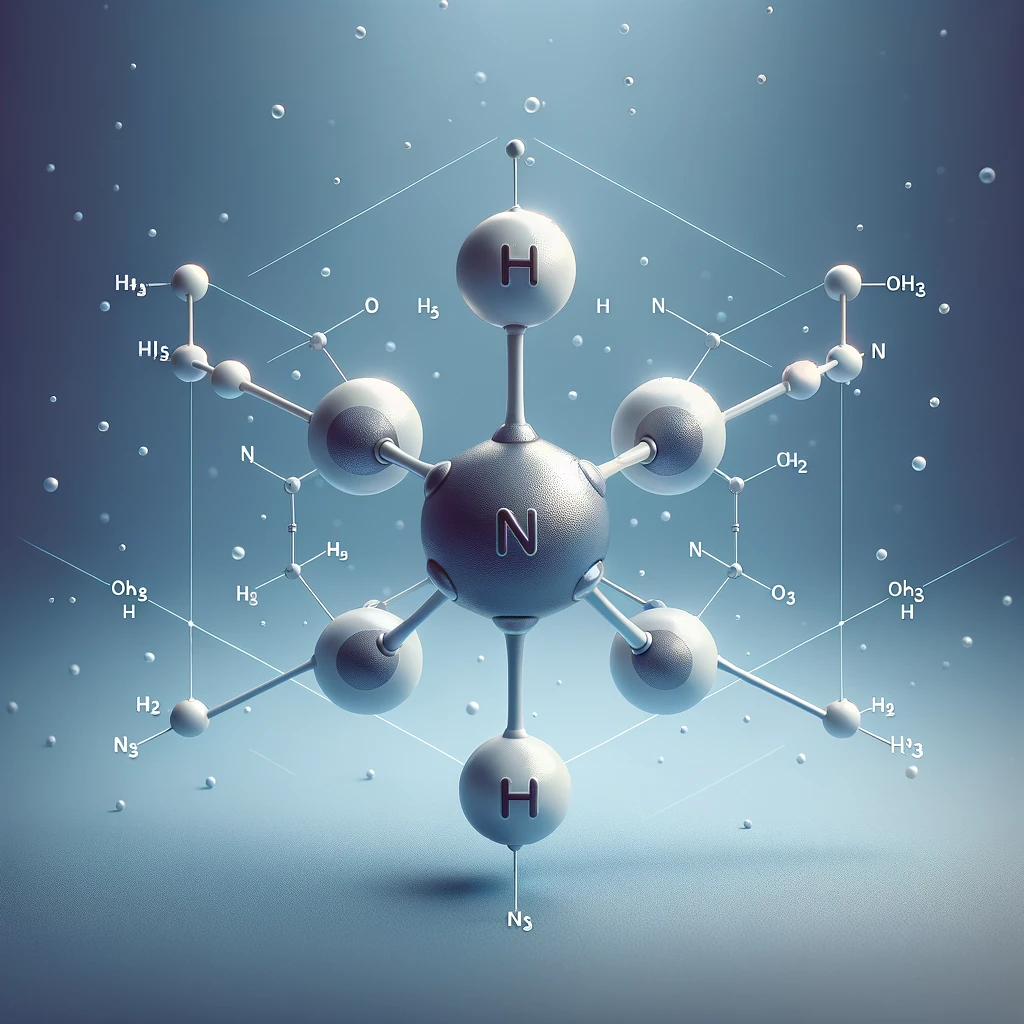
Xenon Definition: Shedding Light on the Noble Gas
Explore the definition, properties, and applications of xenon, a versatile noble gas with various uses in lighting, medicine, and industry.
But you don't know it
The term “chemistry” is often believed to have originated from the Arabic word “alchemy,” which is a combination of the Arabic article “al-” and the word “kimia.” However, this widely accepted view overlooks the deeper roots of the word in the Greek language.
The true origin of “chemistry” can be traced back to the Greek word “Χημεία” (Chemeia), or more accurately, its original form “Χυμεία” (Chymeia). The earliest known use of the word “Hymeia” can be found in the writings of Alexander of Aphrodisias, where it referred to the science of metallurgy. This Greek term itself is derived from the verb “χέω/χύνω” (cheo/chyno), meaning “to pour” or “to mix.”
During the Dark Ages in Europe, many Greek sciences, including the study of matter, were preserved and further developed by Arab scholars. When these sciences were reintroduced to Europe, the Greek term had evolved through Arabic influence into “alchemy,” combining “al-” (the Arabic definite article) with “chimia” (derived from the Greek “Chemeia”). Thus, the modern word “chemistry” is often mistakenly thought to derive directly from “alchemy,” when in fact, its true roots lie in the ancient Greek “Chymeia.”
This etymological journey of the word from ancient Greek to Arabic and back to European languages illustrates the complex interplay of cultures and languages in the development of scientific thought and terminology.

Explore the definition, properties, and applications of xenon, a versatile noble gas with various uses in lighting, medicine, and industry.

Unravel the origins and uses of ammonia, a key industrial and household chemical with ancient ties, not Greek but to the temple of Jupiter Ammon.

Explore ‘synthetics’, from Greek ‘synthetikos’, revolutionizing industries with man-made materials.

Explore ‘polymer’, from Greek ‘poly’ (many) and ‘meros’ (part), as a term for large molecules with repeating units.

Osmosis, from Greek ‘osmos’ (push), describes solvent molecules passing through a membrane to equalize concentrations

Isotope, from Greek ‘isos’ (equal) and ‘topos’ (place), refers to element variants with the same protons but different neutrons.

The word “alchemy” has a fascinating and multi-layered etymology, with roots in both Greek and Arabic languages.